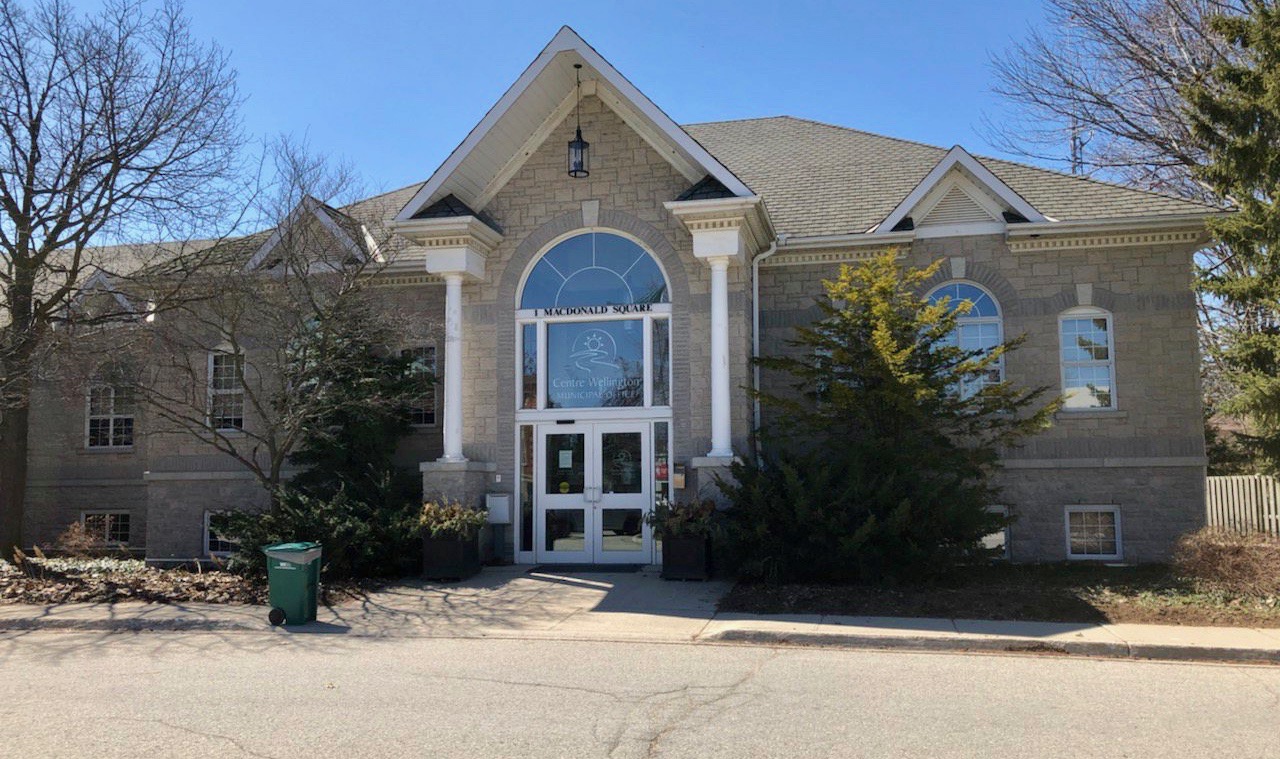ELORA – Residents in Centre Wellington could see a 2.4 per cent increase in property taxes in 2022, as well as a 2.4% increase in user fees.
Council directed staff to use 2.4% as the upper limit as they begin preparing next year’s budget.
Treasurer Dan Wilson told council at the June 21 committee of the whole meeting that the Consumer Price Index (CPI) is on the rise, with May results showing inflation at 3.7%.
The township also considers the Non-Residential Building Construction Price Index (NRBCPI), which indicates a 3.1% increase over last year.
“A year ago we were discussing 1.4%,” Wilson said. “There is quite an increase in costs.”
Last year there was no increase to user fees and charges, and many services, like ice rentals for example, were not allowed due the pandemic.
“Fees and charges have a big impact on the budget,” Wilson said.
“Basically you have to ask, do you want user fees to cover it or for property taxes to subsidize it.”
Other sources of revenue
Wilson said the Ontario Municipal Partnership Fund (OMPF) has reduced significantly since the fund began in 2009, with the township receiving $230,000 last year compared to the $1.5 million it received in 2009.
He said staff will work on the assumption it will receive $196,000 in OMPF funds in 2022.
The township received $1.27 million from the province’s Ontario Community Infrastructure Fund (OCIF) in 2021, which is a significant source of funding for bridges and culverts. The township will work on the assumption it will receive the same amount in 2022, Wilson said.
Development charges are another significant source of funding for the capital budget and Wilson said he pegged those at $1.7 million in 2022.
OLG funds have dropped dramatically with casinos unable to operate during the pandemic. Wilson said the township anticipates receiving $550,000 from this source in 2022.
He noted reserve accounts are under pressure but there is about $2.05 million available in 2022 for capital projects.
The pre-budget presentation is a starting point for staff and can change when council gets deeper into the numbers later in the year.
Councillor Bob Foster wanted to start at a 0% increase and Councillor Stephan Kitras suggested a 1.7% baseline.
But the majority of council agreed to 2.4% as the upper limit as a starting point.
Council also agreed to the proposed schedule:
- Sept. 7, preliminary capital budget review;
- Oct. 4, budget impacts report and discussion (delegations may speak to council at this meeting);
- Oct. 4 to 29, public input through Connect CW;
- Nov. 22, draft budget book released to council and the public;
- Nov. 30, budget deliberations (delegations may present at this meeting);
- Dec. 2, budget deliberations;
- Dec. 7, extra day for budget deliberations if necessary; and
- Dec. 20, approval of the budget.




